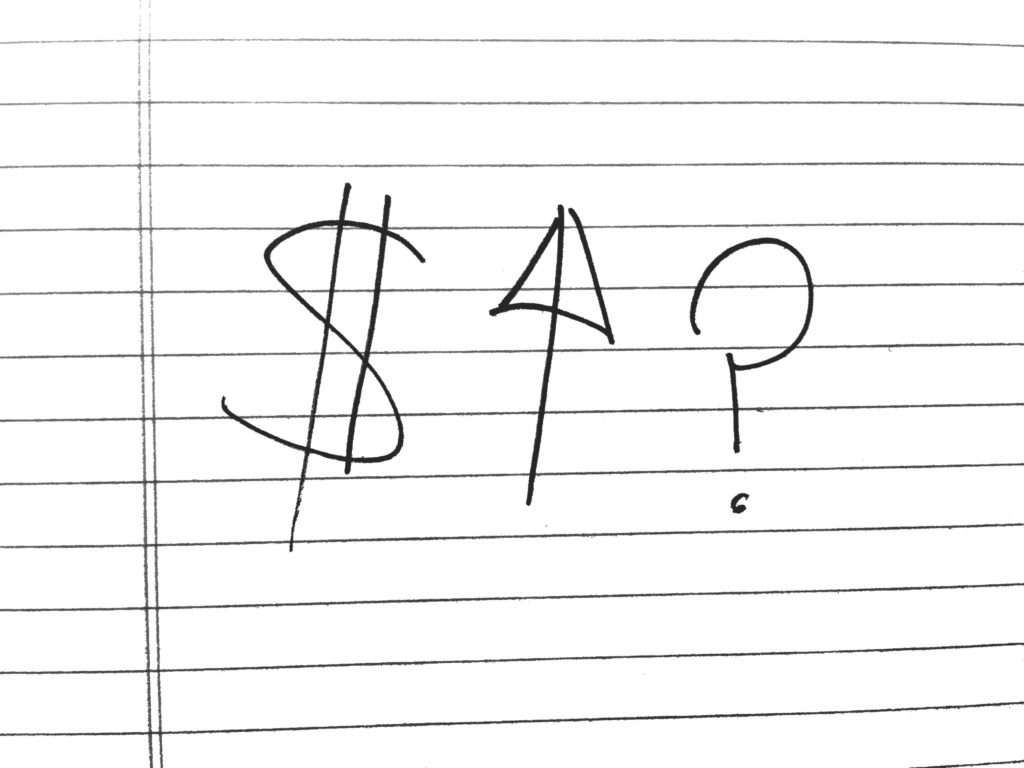Idaho Law Does Allow Rent Increases
Idaho Code 55-307 states:
CHANGE IN TERMS OF LEASE – NOTICE. (1) In all leases of lands or tenements, or of any interest therein from month to month, the landlord may, upon giving notice in writing at least fifteen (15) days before the expiration of the month, change the terms of the lease, to take effect at the expiration of the month. The notice, when served upon the tenant, shall of itself operate and be effectual to create and establish, as a part of the lease, the terms, rent and conditions specified in the notice, if the tenant shall continue to hold the premises after the expiration of the month.
In regular language, if your are on a month-to-month lease, the landlord can increase your rent after giving you 15 days’ notice before the increase takes effect. If you receive such a notice, your options are essentially to pay the increased rent, move, or stay and risk being evicted.
Potential Defenses to Unreasonable Rent Increases
The Idaho statute referenced above does not put a cap on the amount a landlord can raise the rent. As a result, a landlord can (and they do) attempt to use this law to force a tenant out by raising the rent by an unreasonable amount. For example, in San Francisco, a landlord increased a tenant’s rent by over 300% to drive the tenant out. The tenant sued the landlord and ultimately settled for $400,000. This problem is not isolated to San Francisco, Landlords engage in similar conduct here in Idaho too.
To date, there are no cases in the Idaho books that address unreasonable rent increases. But that does not mean a tenant has no path for relief. The Idaho Consumer Protection Act states that a person (which includes landlords) cannot engage in “unconscionable” conduct. Idaho Code 48-603(18). In evaluating whether conduct is unconscionable, the Consumer Protection Act states that the following circumstances should be considered:
(a) Whether the alleged violator knowingly or with reason to know, took advantage of a consumer reasonably unable to protect his interest because of physical infirmity, ignorance, illiteracy, inability to understand the language of the agreement or similar factor;
(b) Whether, at the time the consumer transaction was entered into, the alleged violator knew or had reason to know that the price grossly exceeded the price at which similar goods or services were readily available in similar transactions by similar persons, although price alone is insufficient to prove an unconscionable method, act or practice;
(c) Whether the alleged violator knowingly or with reason to know, induced the consumer to enter into a transaction that was excessively one-sided in favor of the alleged violator;
(d) Whether the sales conduct or pattern of sales conduct would outrage or offend the public conscience, as determined by the court.
Idaho Code 48-603C(2).
If a landlord has increased rent by an unreasonable amount, that conduct could be seen as a violation of each of the subsections of this statute depending on the surrounding circumstances. Therefore, a tenant may consider bringing an action under this provision of the Idaho Consumer Protection Act. Additionally, all contracts in Idaho have an implied covenant of good faith and fair dealing. Whether a rent increase conforms to this covenant may be a question for a jury.
What should you do if you believe you are the victim of unreasonable rent increases?
The most important issue is whether the rent increase is reasonable. Reaching this conclusion may require an evaluation of similar properties that are available in the market or, preferably, an opinion from an appraiser. If the amount of the increase is not within the expected range, that information will help you argue that the amount is unconscionable under Idaho Code 48-603C(2)(b).
Other than that, the practical question is whether you want to stay and pay the increased rent or move. My personal opinion is that it is a cleaner case if the tenant moves on the grounds that the rent increase was unconscionable and therefore they refused to pay it. It may also be possible to assert a constructive eviction depending on the circumstances.
If you have specific questions about your situation, please contact attorney Leland Faux.

